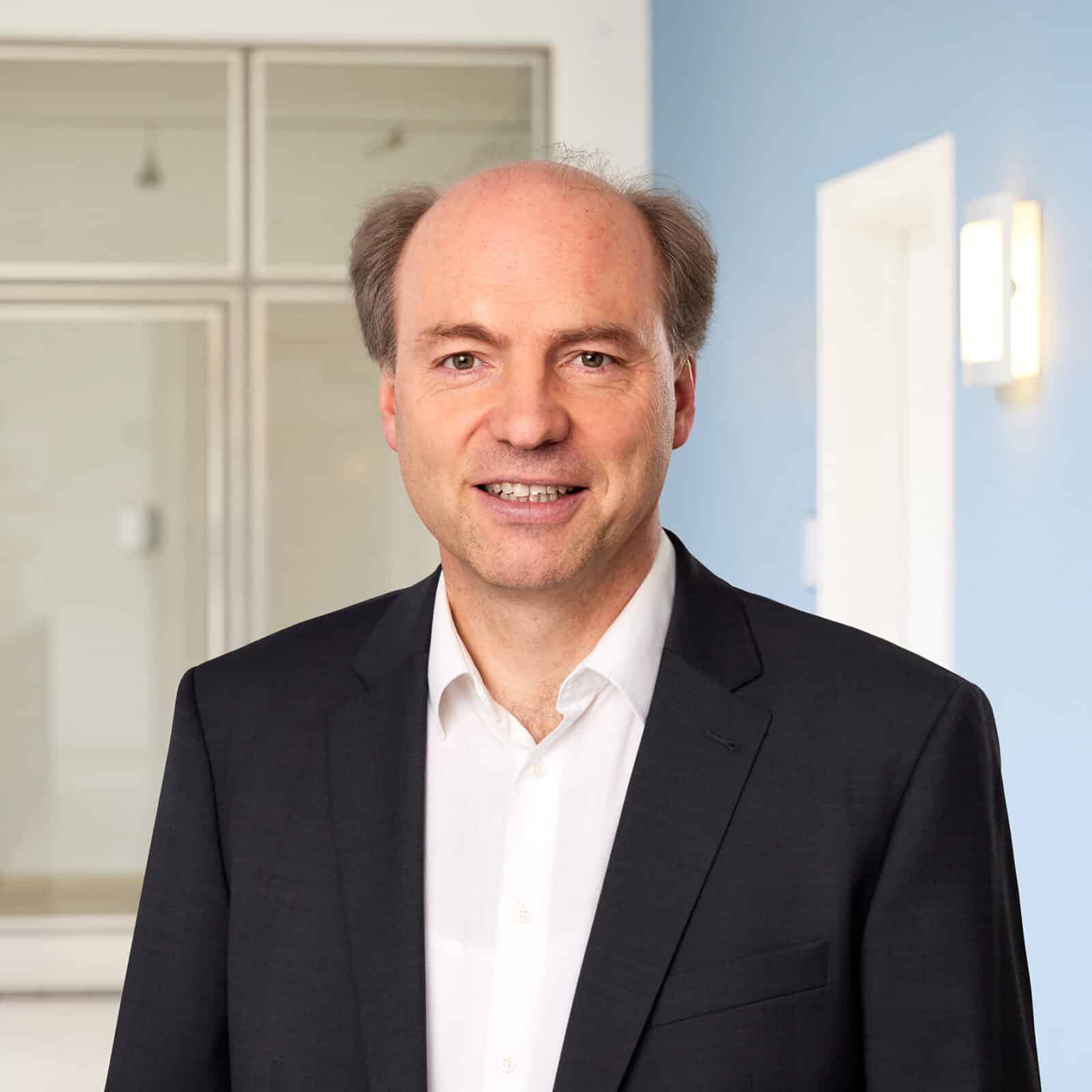
Prof. Dr. Matthias Sutter
Position im Cluster Principal Investigator
Clustermitglied seit 2019
Forschungsbereiche
Forschungsschwerpunkte
Märkte und Werte (stellvertretender Leiter), Marktgestaltung & -verhalten, Verbraucherschutz
Lebenslauf
Matthias Sutter ist Direktor des Max-Planck-Instituts zur Erforschung von Gemeinschaftsgütern in Bonn und nebenberuflich Professor für Experimentelle Wirtschaftsforschung an den Universitäten Köln und Innsbruck. Darüber hinaus ist er Research Fellow des IZA und des CESifo. Er studierte Volkswirtschaft in Innsbruck und promovierte 1999. Bevor er 2017 die Direktorenstelle am Max-Planck-Institut zur Erforschung von Gemeinschaftsgütern übernahm, war er als Professor in Florenz (EUI), Innsbruck und Köln tätig.
Publikationen
Veröffentlichungen
-
Grit Increases Strongly in Early Childhood and is Related to Parental Background.
Sutter, M., Untertrifaller, A., Zoller, C. (2022), Grit Increases Strongly in Early Childhood and is Related to Parental Background. Scientific Reports -
Economic Preferences across Generations and Family Clusters: A Large-scale Experiment in a Developing Country
Chowdhury, S., Sutter, M., & Zimmermann, K. F. (2022), Economic Preferences across Generations and Family Clusters: A Large-scale Experiment in a Developing Country. Journal of Political Economy. -
COVID-19 Within Families Amplifies the Prosociality Gap between Adolescents of High and Low Socioeconomic Status
Terrier, C., Chen, D., & Sutter, M. (2021), COVID-19 within families amplifies the prosociality gap between adolescents of high and low socioeconomic status. PNAS – Proceedings of the National Academy of Sciences 118(46): e2110891118. -
Collective Intertemporal Decisions and Heterogeneity in Groups
Glätzle-Rützler, D., Lergetporer, P., Sutter, M., Collective intertemporal decisions and heterogeneity in groups. Games and Economic Behavior (forthcoming). -
On the Value of Second Opinions: A Credence Goods Field Experiment
Bindra, P. C., Kerschbamer, R., Neururer, D., & Sutter, M. (2021) On the Value of Second Opinions: A Credence Goods Field Experiment. Economics Letters. -
Discrimination, Narratives and Family History: An Experiment with Jordanian Host and Syrian Refugee Children
Barron, K., Harmgart, H., Huck, S., Schneider, S., & Sutter. M. (2021) Discrimination, Narratives and Family History: An Experiment with Jordanian Host and Syrian Refugee Children. Review of Economics and Statistics. -
Psychological Pressure and the Right to Determine the Moves in Dynamic Tournaments – Evidence from a Natural Field Experiment
Kassis, M., Schmidt, S. L., Schreyer, D., Sutter M. (2021). Psychological Pressure and the Right to Determine the Moves in Dynamic Tournaments – Evidence from a Natural Field Experiment. Games and Economic Behavior, 126, 278-287. -
Children’s Heterogeneity in Cooperation and Parental Background: An Experimental Study
Sutter, M., & Untertrifaller, A. (2020). Children's heterogeneity in cooperation and parental background: An experimental study. Journal of Economic Behavior & Organization, 171, 286-296. -
Measuring the Indirect Effects of Adverse Employer Behaviour on Worker Productivity: A Field Experiment
Heinz, M., Jeworrek, S., Mertins, V., Schumacher, H., & Sutter, M. (2020). Measuring the Indirect Effects of Adverse Employer Behavior on Worker Productivity – A Field Experiment. The Economic Journal.
Discussion Papers
-
Information Provision over the Phone Saves Lives: An RCT to Contain COVID-19 in Rural Bangladesh at the Pandemic’s Onset
-
Reputation vs Selection Effects in Markets with Informational Asymmetries
-
The Roots of Cooperation
-
Competitiveness of Entrepreneurs and Salaried Workers
-
Parental Paternalism and Patience
-
Collective Intertemporal Decisions and Heterogeneity in Groups
-
Improving Healthy Eating in Children: Experimental Evidence
-
Higher Order Risk Preferences: New Experimental Measures, Determinants and Field Behavior
-
Psychological Pressure and the Right to Determine the Moves in Dynamic Tournaments – Evidence from a Natural Field Experiment
-
Financial Literacy, Risk and Time Preferences – Results from a Randomized Educational Intervention
-
Reveal it or Conceal it: On the Value of Second Opinions in a Low-Entry-Barriers Credence Goods Market
-
Discrimination, Narratives and Family History: An Experiment with Jordanian Host and Syrian Refugee Children
Interview
Was ist das Beste an Ihrem Beruf?
Der Luxus, mich mit Fragen beschäftigen zu dürfen, die mich interessieren.
Wenn Sie nicht in die Forschung gegangen wären, welchen Beruf würden Sie heute ausüben?
Für mich war schon seit frühester Jugend klar, dass ich wissenschaftlich arbeiten möchte – auch wenn ich studierter Theologe bin und erst mit 24 das VWL Studium begonnen habe. Ich finde aber verschiedenste Wissenschaftsrichtungen spannend, auch die Mathematik oder die Physik zum Beispiel.
Wer oder was inspiriert Sie?
Das tägliche Leben und zu beobachten, wie sich Menschen verhalten.
Wann mussten Sie das letzte Mal Ihre Meinung ändern?
Ständig, etwa bei der Auswertung empirischer Daten und deren Vergleich mit meinen Erwartungen. Aber genau das sind ja gerade die spannenden Punkte, an denen man noch tiefer graben möchte.
Welchen Rat hätten Sie als Doktorand selbst gerne gehabt?
Den wichtigsten habe ich von meinem Doktorvater bekommen: Machen Sie das, wofür Sie eine Leidenschaft haben, dann arbeiten Sie am besten.